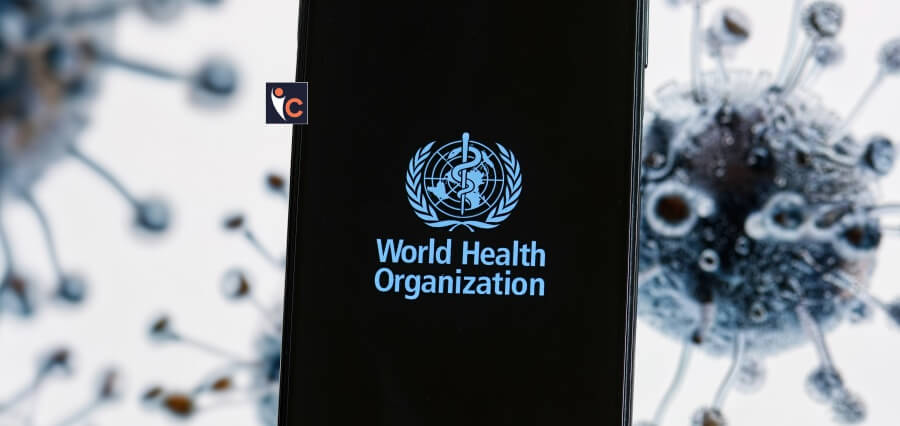On 20 October 2024, the WHO declared Egypt malaria-free which is a major public health achievement for a country of more than 100 million people. It will mean the closing of the nearly century-old cycle of futile efforts which the Egyptian state and people have been putting forth to eliminate a disease that has long haunted the region.
Commenting on this achievement, WHO Director-General Dr. Tedros Adhanom Ghebreyesus said, “Malaria is as old as Egyptian civilization itself, but the disease that plagued pharaohs is now history.” He added that this has been an inspiration for all other countries in the region which had been showing promise of success by putting together resources with determination.
Egypt is now the third country in the WHO Eastern Mediterranean Region to receive the malaria-free certification. It follows the United Arab Emirates and Morocco and represents the first to achieve this status since 2010. Altogether, 44 countries and one territory have reached this milestone worldwide.
H.E. Dr. Khaled Abdel Ghaffar, the Deputy Prime Minister of Egypt commented that thereby a very much needed milestone in the continuing process against malaria was obtained; there is a new, more challenging way ahead of the ministry in considering and working on the prevention of malaria. “The elimination status for malaria should be sustainable,” he stressed. “Thus, he emphasized the need for high surveillance levels with diagnostic and treatment facilities combined with effective vector control measures.”.
A certificate will be issued if the local malaria mosquito can demonstrate interrupted indigenous malaria transmission for at least three consecutive years and can demonstrate the potential to prevent its re-establishment.
Malaria eradication efforts in Egypt date to as far back as 4000 B.C.E., and attempts to limit contacts between humans and mosquitoes started in the 1920s. The country put itself on the right track by restricting the growth of some crops near residential areas, for example, and by establishing the first malaria control station before 1930.
With the recurrence of malaria during the Second World War, Egypt quickly implemented treatment programs and recruited tens of thousands of new health workers. The country successfully managed to emerge from new challenges, among them the Aswan Dam, in 1969, through the integrated vector management and public health strategy.
Malaria was controlled by 2001 and the Ministry of Health devoted its efforts to prevention of local transmissions, to the management of small outbreaks through early detection and treatment. Free malaria diagnosis and treatment available to all residents demonstrates the commitment of Egypt to public health.
Speaking about the event, Dr. Hanan Balkhy, WHO Regional Director for the Eastern Mediterranean, said: “Egypt’s achievement is a beacon of hope for the other endemic countries, which is a result of their strong health systems and partnerships at the community level which are proved to be indispensable for public health challenges.”










